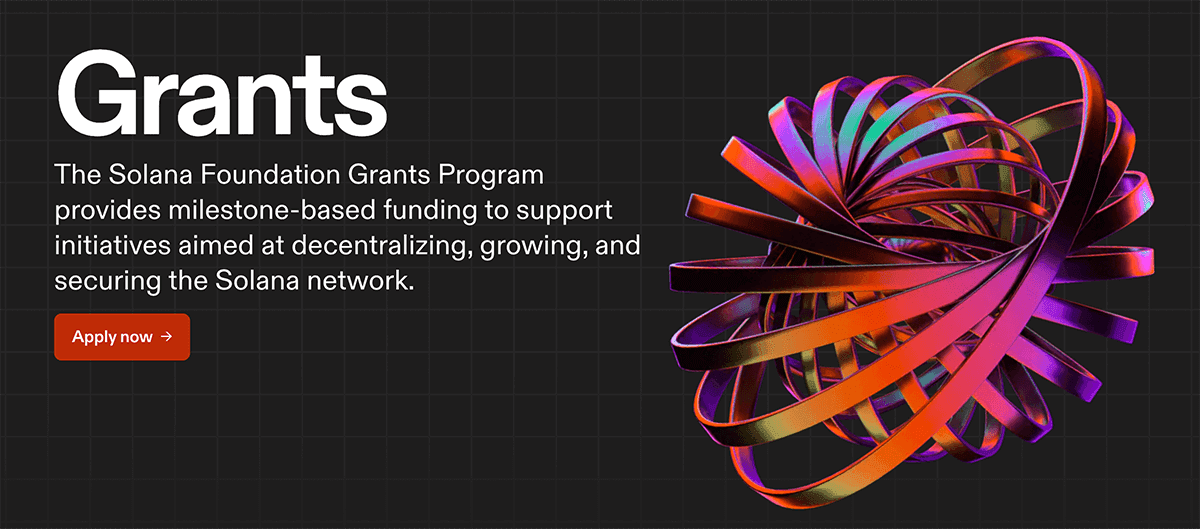Solana Provides $10M AI Fund Following ChatGPT Integration.

BKMT Staff
May 23, 2023
Crypto & Blockchain

The Solana Foundation, a non-profit organization dedicated to the development and maintenance of the Solana blockchain, recently announced the integration of artificial intelligence (AI) using a ChatGPT plugin developed by Solana Labs. You can get guidelines and apply directly for the grant here.
Developers made the ChatGPT plugin available for download on Github, aiming to build an understanding of Solana's data and protocols, as well as provide info about Solana's computing infrastructure and DeFi projects.
The current functionalities of the plugin encompass various tasks such as purchasing non-fungible tokens (NFTs), token transfers, transaction inspection, interpretation of public account data, and identifying NFT collections based on floor prices on the Solana blockchain.
According to Solana co-founder Anatoly Yakovenko, developers building consumer-oriented applications should consider incorporating AI models for user interactions, as it represents a new paradigm in instructing computers.

To further explore the intersection of the Solana blockchain and AI, the Solana Foundation has decided to increase funding for grants in this field from $1 million to $10 million. Already, the rolling grants program has received 50 applications.
Additionally, the foundation has initiated a three-month-long accelerator program for university students, forming a cohort focused on experimenting with blockchain and AI. The program received numerous applications, and one of the outcomes is the development of an "ask Solana U" chatbot.
Within the Solana ecosystem, Hivemapper introduced AI Trainers last month, enabling the conversion of real-world imagery into high-quality digital maps containing detailed information such as speed limits, warning signs, and other street-related data. Solana developers claim that since its launch, 5.7 million AI training reviews have been initiated by protocol contributors, resulting in 500,000 objects achieving consensus.









